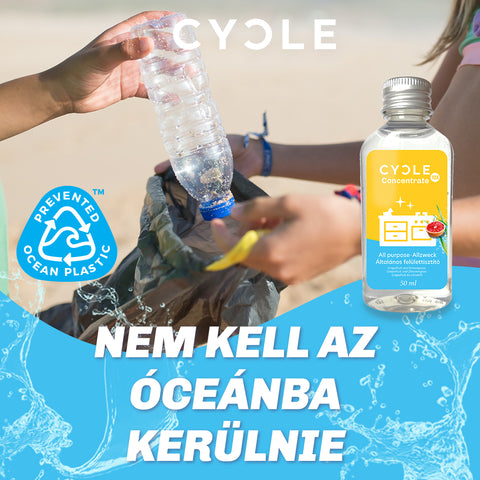These 3 simple steps can help protect our oceans from plastic waste. Start making a change today!

Plastic waste is a serious threat to our oceans and marine life. By adopting some simple habits, we can make a significant impact to reduce plastic pollution. Start making a change today by incorporating these 3 habits into your daily routine.
Say no to single-use plastics.
Single-use plastics, such as plastic bags, water bottles or straws, contribute significantly to the plastic waste problem in our oceans. By saying no to these items and choosing reusable alternatives, we can significantly reduce the amount of plastic waste entering our oceans.

Plastic cutlery, cups and glasses
Use a reusable bag and water bottle
One of the easiest ways to reduce plastic waste is to use reusable bags and water bottles. Rather than asking for single-use plastic bags, get some reusable bags or bags that you can take with you when you go shopping. This will not only help reduce plastic waste, but will also save you money in the long run.
Likewise, instead of buying plastic water bottles, take a reusable canteen with you that you can refill throughout the day.

Choose products with POP packaging
One way to reduce plastic waste and protect the ocean is to choose products with Prevented Ocean Plastic (POPs) packaging. POP is a high quality recycled plastic collected from coastal areas (beaches, shores, etc.) at risk of ocean plastic pollution.
Unfortunately, plastic in the ocean is quickly eroded by salt water and the sun, making recycling largely impossible. The POPs programme prevents these bottles from entering the ocean in the first place. Once the plastic is recycled, it is made into sustainable packaging.

CYCLE and POP:
The impact of POPs on stopping plastic pollution and protecting our oceans is clearly positive, and we are proud to join this mission. We are pleased to introduce our latest product, our limited summer edition surface cleaner concentrate in a POP bottle.

With POPs bottles, our aim is to prevent plastics from leaking into the sea, which poses a huge threat to marine animals and ourselves. We are striving to create a cleaner and more sustainable future for the oceans and for all of us.




















